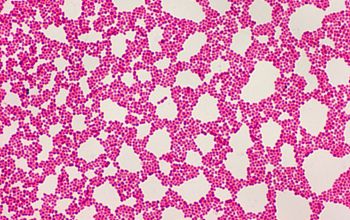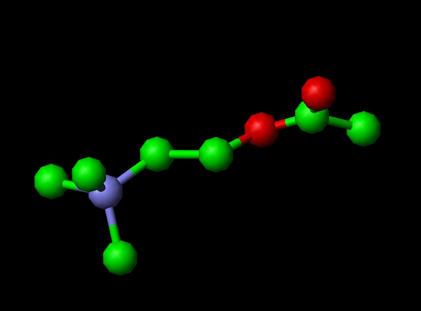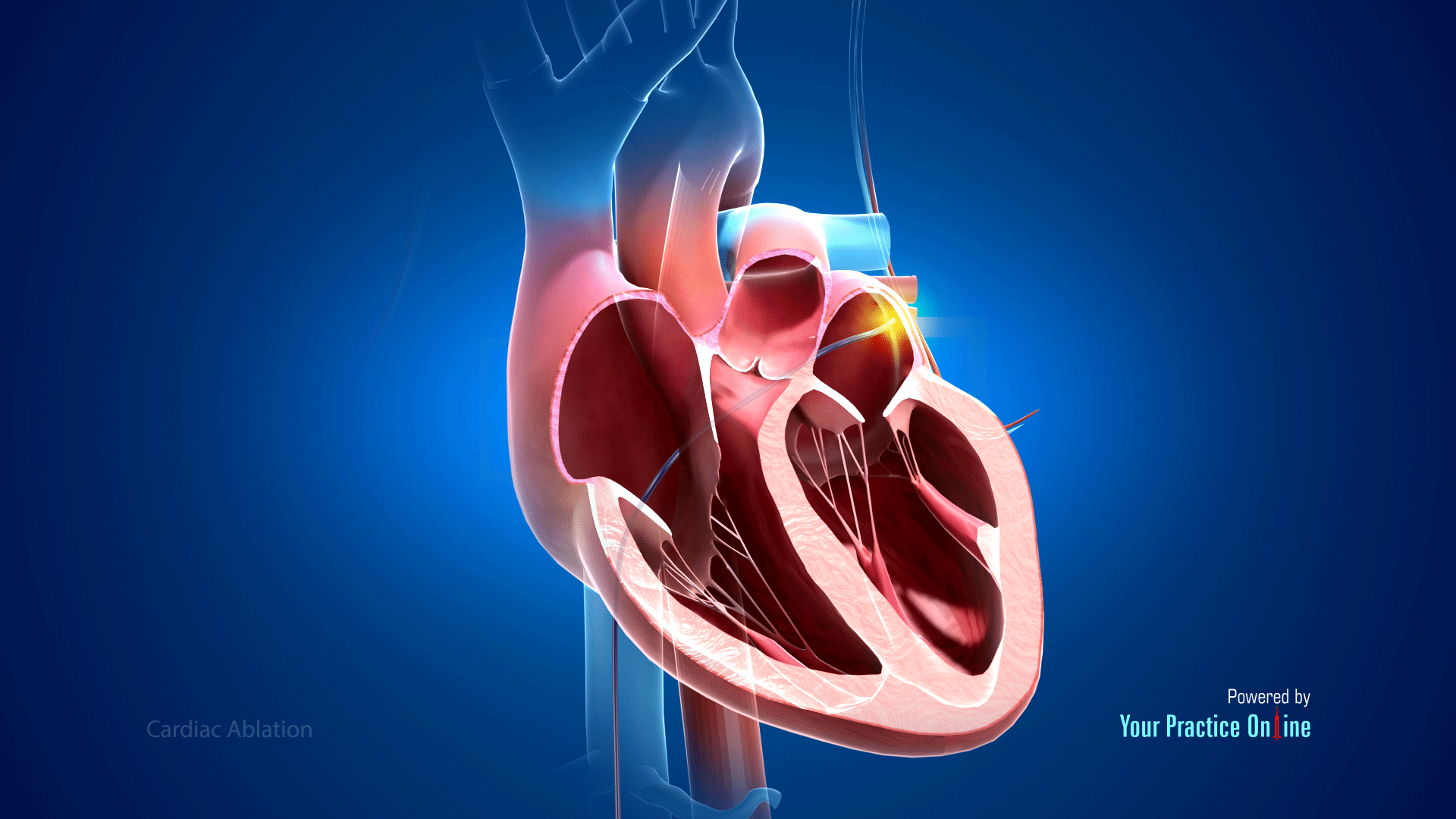Acinetobacter
Acinetobacter is a type of bacteria that can cause a variety of infections in humans. It is a Gram-negative, rod-shaped bacterium that can grow in both aerobic and anaerobic environments. Acinetobacter is commonly found in soil, water, and the environment. While it is not typically considered a harmful bacteria, some strains of Acinetobacter can cause … Read more




